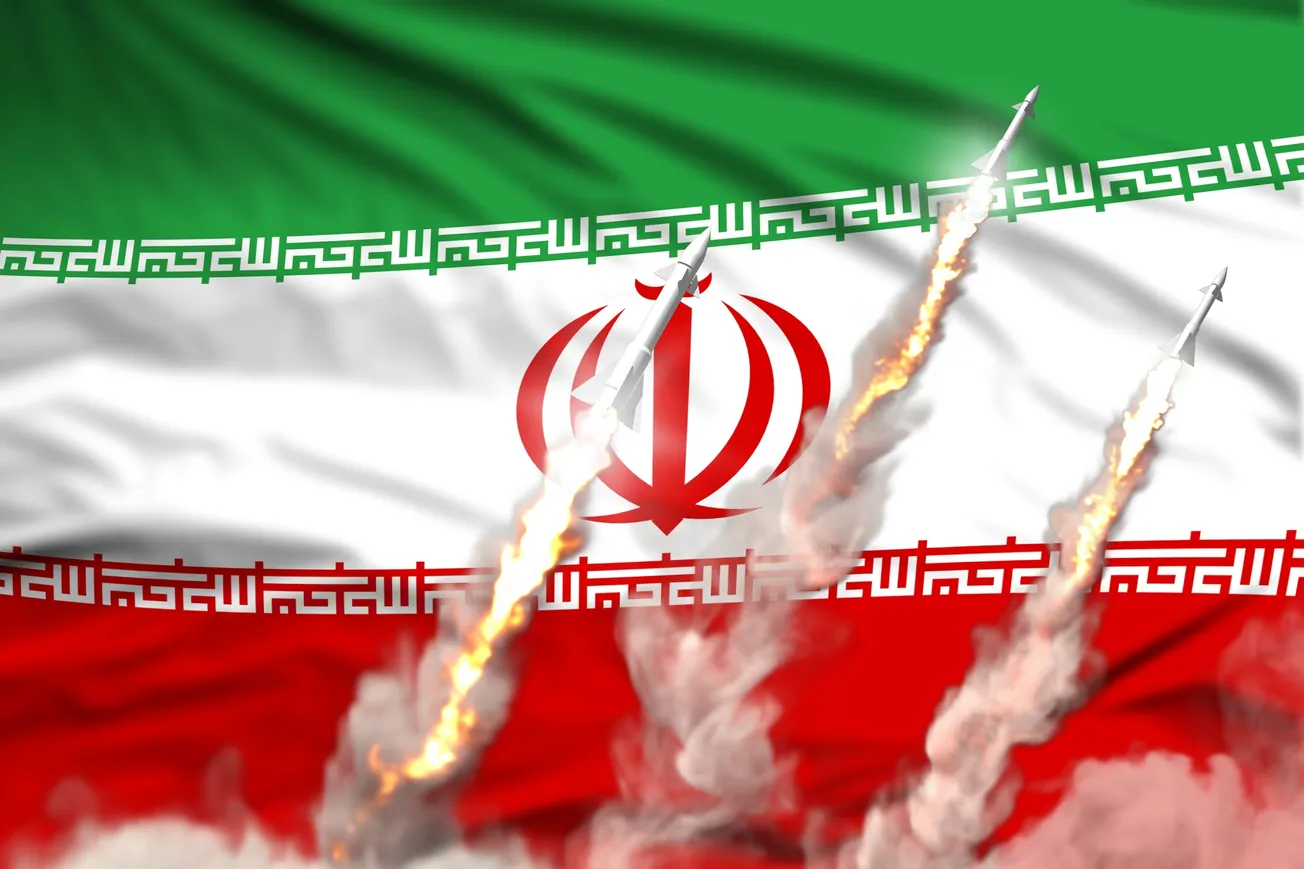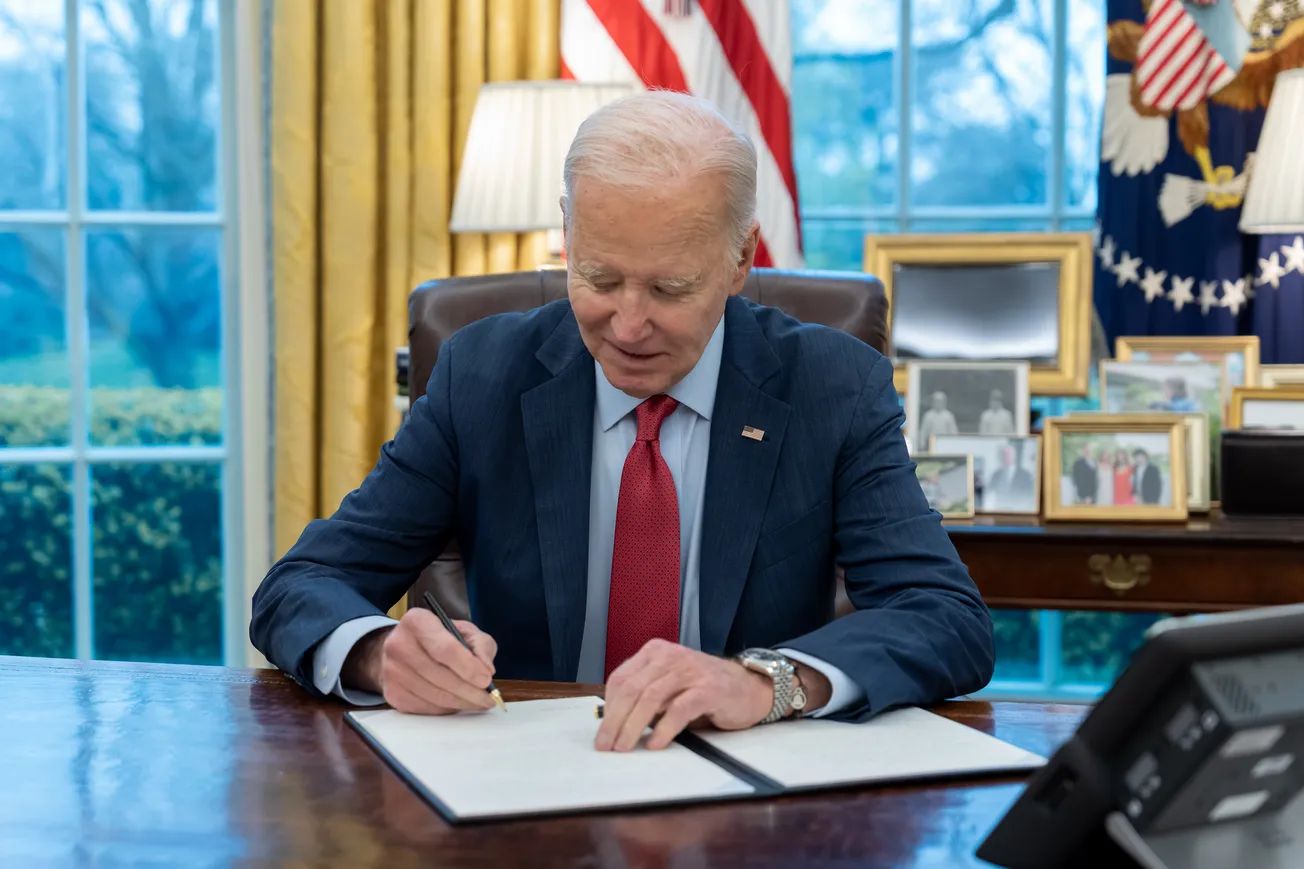Roscosmos, Russia's space agency, will not work with the U.S. on the International Space Station (ISS). It demanded that the West lift economic sanctions against Russia to resume. Yet, the U.S. trusts Russia and uses it as its primary negotiator in the nuclear talks with Iran.
"So, we have Russia negotiating the deal – with China as a backup – how stupid is this country," Trump lamented at his Save America rally in Washington Township, Michigan, Saturday.
The Obama administration signed the Joint Comprehensive Plan of Action (JCPOA), the nuclear deal between Iran and world powers, in 2015. It limited Iran's nuclear ambitions in exchange for its ability to take part in global trade. In 2018, the Trump administration unilaterally withdrew the United States from the agreement and resorted to its "maximum pressure" campaign of sanctions against Tehran. Iran started to expand its nuclear activities, triggering an alarm in Western capitals.
A TIPP poll taken in early March showed that 39 percent of Americans consider the 2015 U.S.-Iran joint agreement a "bad deal," while 28 percent consider it a "good deal." One-third (33 percent) are not sure. By ideology, 57 percent of conservatives, 26 percent of liberals, and 37 percent of moderates believe the 2015 deal was bad.






